

News

March 25, 2022
Applications Open for 2022 Internship
May 23 to July 29, 2022: The MACH Center will host 3 undergraduates in a 10-week, paid ($600 per week) summer research experience with mentors from University of Colorado, Boulder, University of New Hampshire, University of California, Los Angeles, and Sonoma State University. Download Flyer. If you are interested in applying for this opportunity, please […]

January 4, 2022
Understanding Mars as an Exoplanet
The MACH Center’s effort to understand Mars as an exoplanet generated news articles around the nation. The MACH team is excited to see our work starting conversations, and we look forward to more. Using Mars as a model for terrestrial planets throughout our galaxy is an excellent way to understand the models for atmospheric loss […]
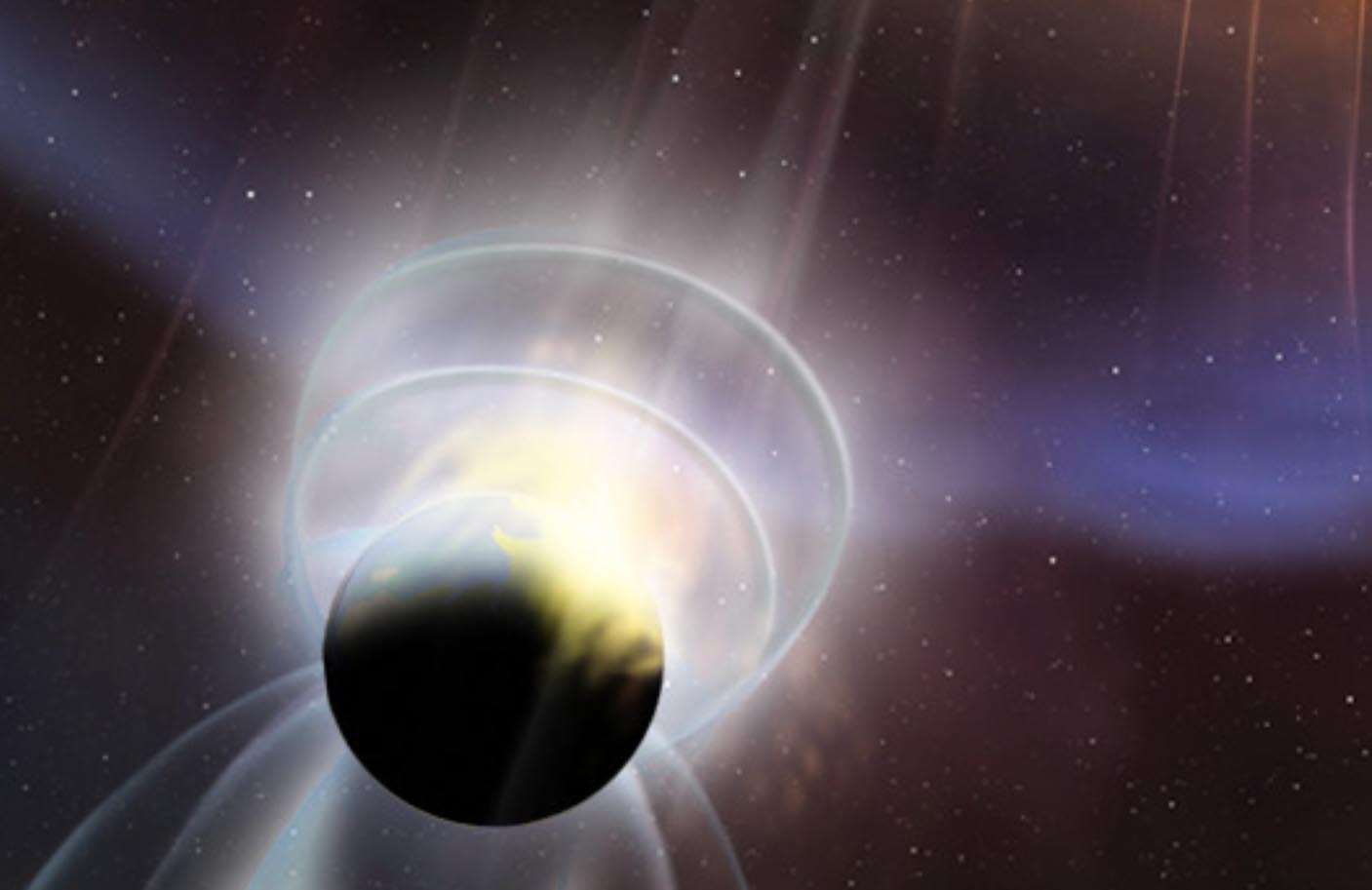
December 31, 2021
An Exoplanet Found Protected by a Magnetosphere ![]()
While using the Hubble space telescope to observe the exoplanet HAT-P-11b transiting its host star, astronomers detected carbon ions surrounding the planet, evidence for a planetary magnetosphere.
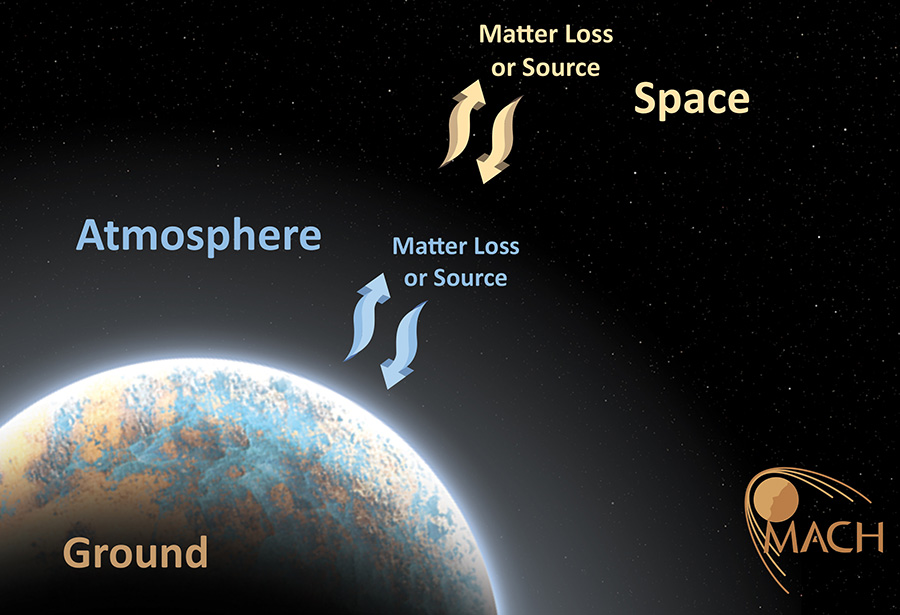
December 13, 2021
MACH Center Researchers To Present at AGU ![]()
MACH Center researchers will present on what Mars would be like as an exoplanet at the American Geophysical Union (AGU) conference in Section SM15A on Dec 13th at 3pm CST.
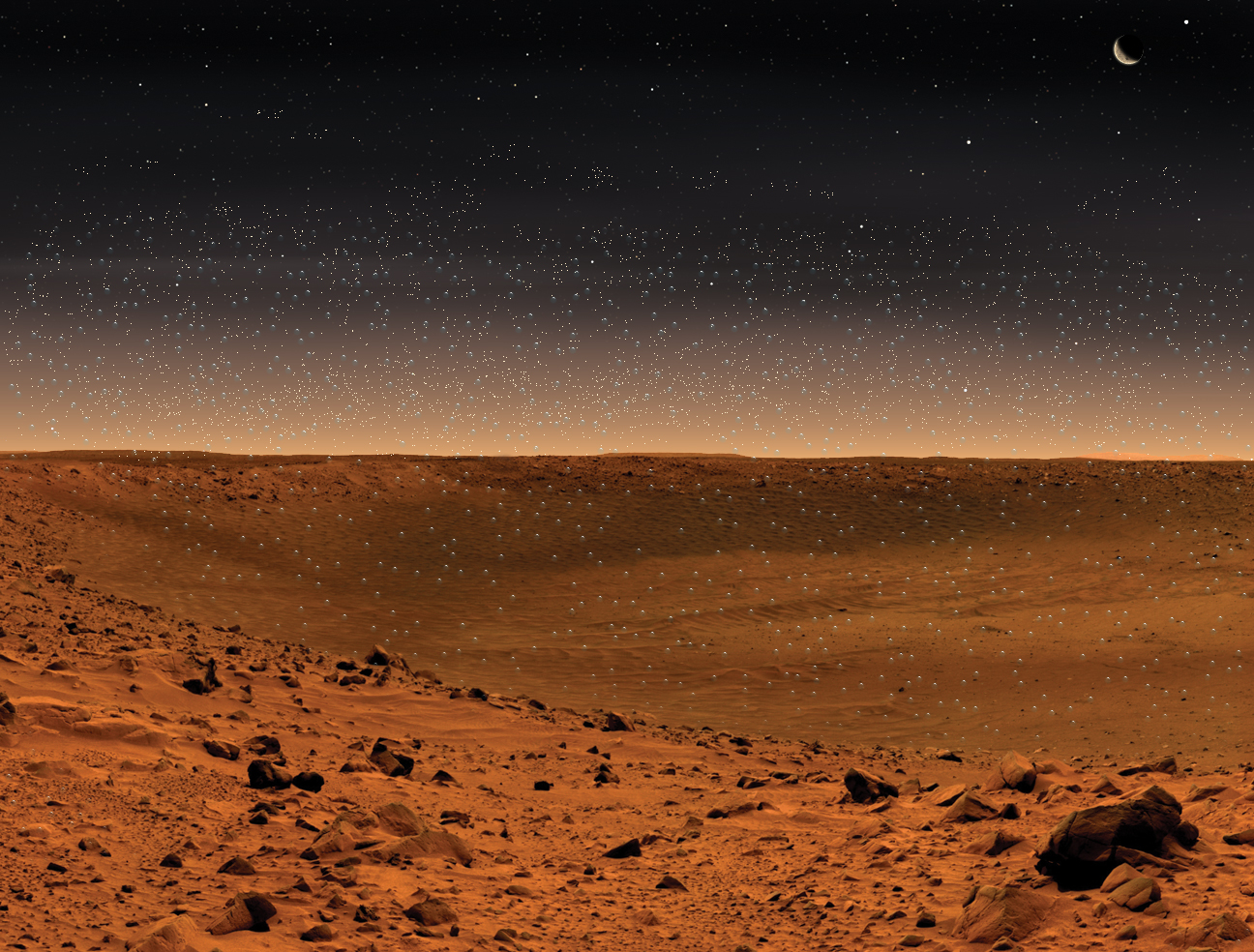
December 12, 2021
Scientists envision what Mars would look like as an exoplanet ![]()
An international multi-disciplinary team of modelers, observational scientists and theoreticians from three science disciplines—space physics, planetary sciences and astrophysics—has been working synergistically to extrapolate their current understanding of Mars to determine which planets beyond Earth’s solar system are most likely to host life.
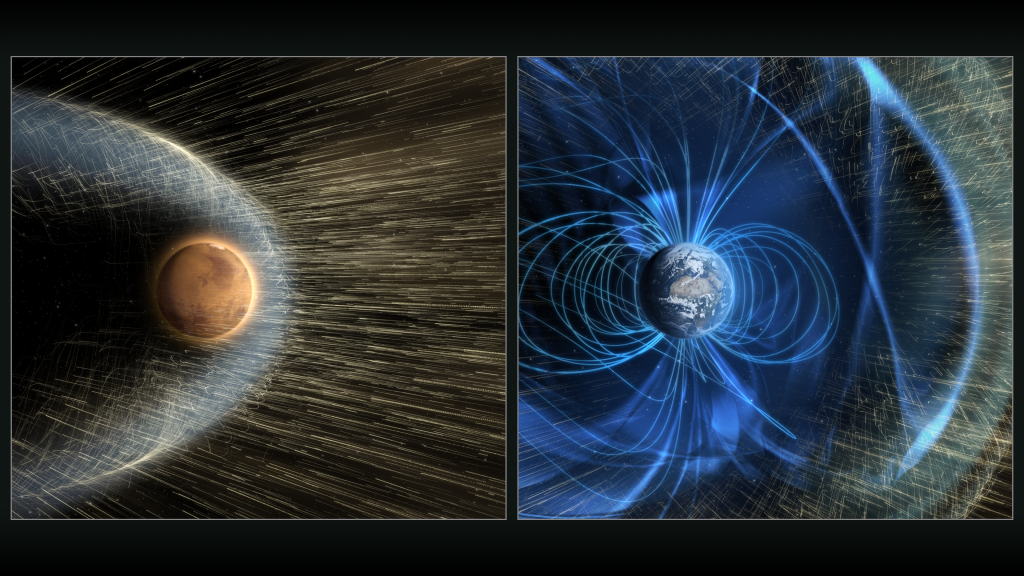
November 18, 2021
Presentation on: “Do Habitable Worlds Require Magnetic Fields?”
Life requires water in a liquid state, and an atmosphere is necessary for a planet to have liquid water at its surface. Does a planet need a magnetic field to keep the atmosphere from being lost – blown away by the solar wind? In this special colloquium presentation for Arizona State University’s School of Earth and Space Exploration, Dr. Brain uses a combination of spacecraft measurements and model data to address this question.
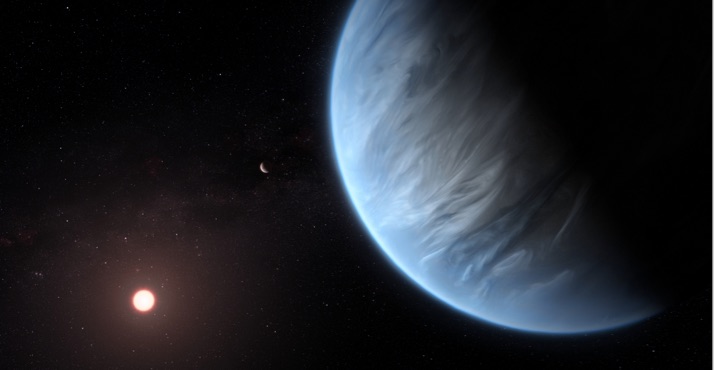
November 4, 2021
MACH Goal Included in Key Astronomy Challenges
The focus of the research being done by the MACH team is included in the first of the three key scientific Astro2020 challenges for the next decade. The National Academies of Science, Engineering, and Medicine has released their latest decadal survey report, “Pathways to Discovery in Astronomy and Astrophysics for the 2020s.” In this report, […]
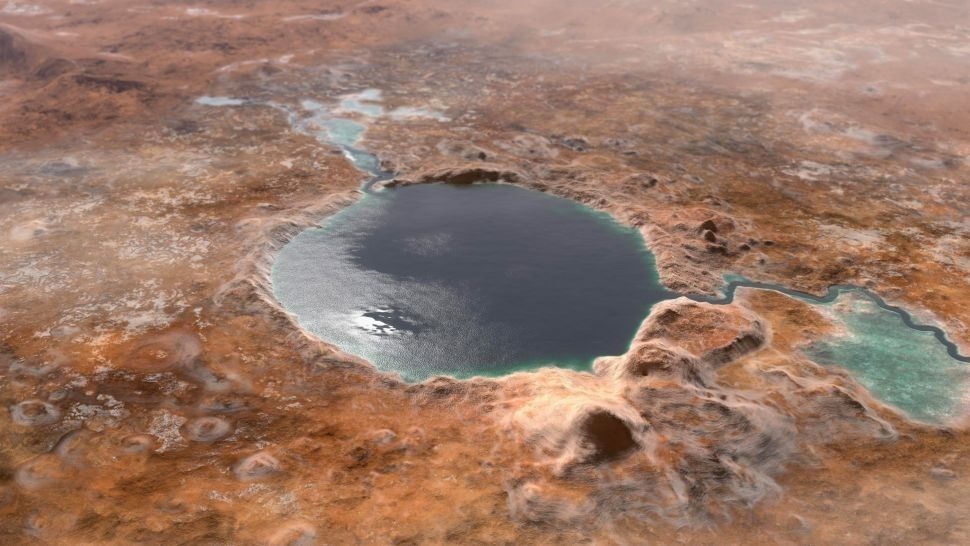
April 19, 2021
Dome-to-Home Show, Water in our Solar System: Oceans, Air, and Magnets ![]()
The Fiske Planetarium’s Dome-to-Home Show highlights MACH Center’s science question in relation to water. There’s evidence that Venus, Earth, and Mars all had oceans of water in their past. Why is Earth the only rocky planet that still has oceans today? Scientists think that part of the reason might have to do with the way some planets are like giant magnets. View live on Monday, April 19th at 2pm MDT or later on YouTube.

February 15, 2021
MACH Workshop
In June, we will be hosting a virtual workshop with discussions focusing on atmospheric escape (including ion outflow) from planets and moons, and the influence of planetary magnetic fields and stellar inputs on atmospheric retention. Join other scientists representing diverse scientific disciplines such as Heliophysics, Astrophysics, Astrobiology, and Planetary Science for discussion and other fascinating […]
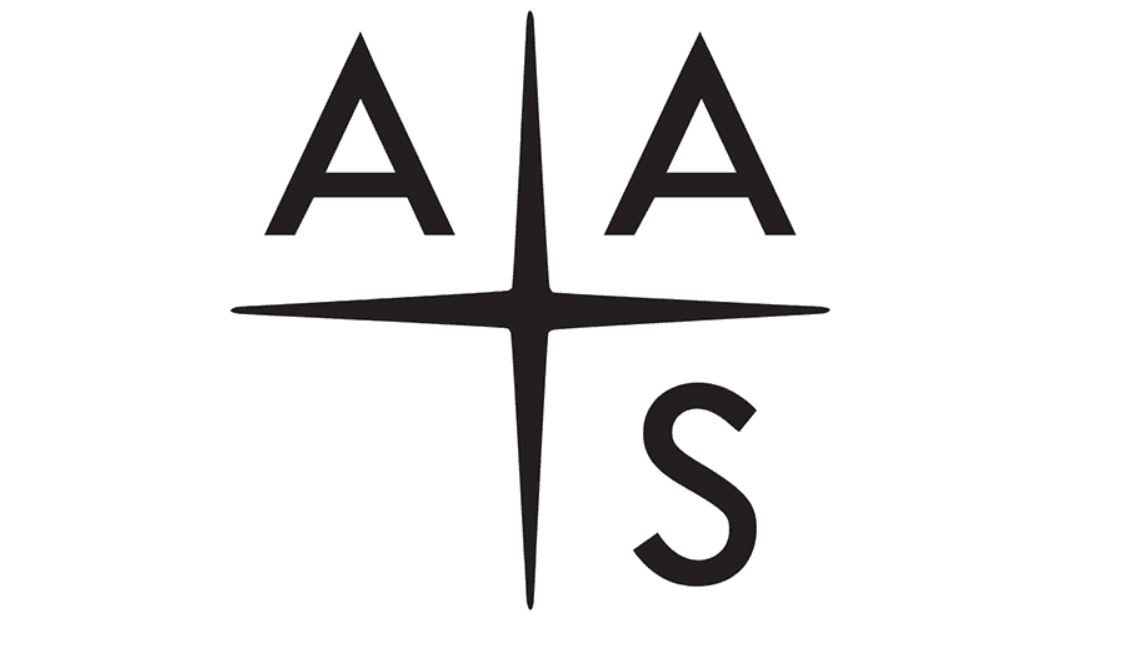
February 3, 2021
AAS Division of Planetary Sciences’ 53rd Annual Meeting
The AAS-DPS will host their 53rd Annual Meeting in October. The meeting will be held virtually, and will include live Q&A sessions, “Gathertown,” in which posters and their creators will be available for conversation and questions, as well as access to asynchronous discussions via Slack. Starting October 3rd, you can access each of these online. […]